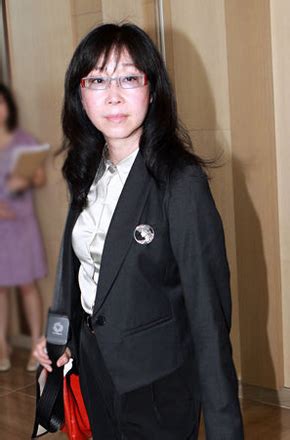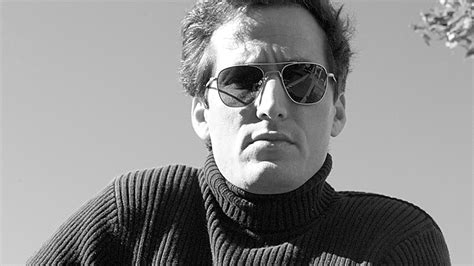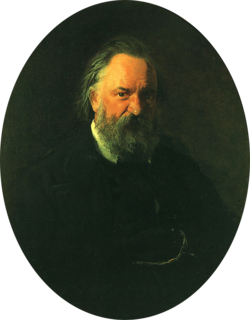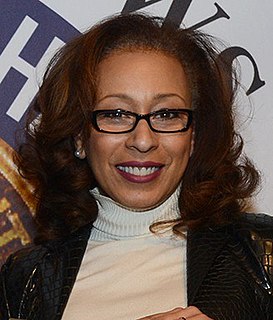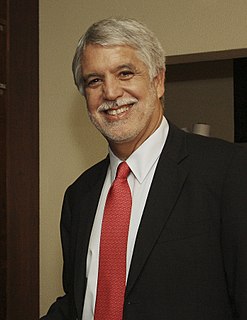A Quote by Mabel Cheung
"A Tale of Three Cities" is a tribute to our parents' generation, who escaped from city to city in search of their loved ones and in search of a place to build a better home. The story is set during the turbulent war years in China in the '40s and '50s.
Related Quotes
I have always wanted to make a film about my parents' generation, which tried every way to escape from the deadly shadow of war and finally settled down in Hong Kong in the '50s to build a home from nothing. Arguably, they are the first generation of Hong Kong people to turn this remote island into a modern city.
I am not part of that earlier Australian generation who set off on a deliberate search for fame and fortune in distant lands. My generation was the first that didn't need to. By the 1980's when I left home, our culture had grown deep enough and wide enough to encompass all but the most rarefied of ambitions.
When we started out, we didn't really think that the era of great opportunity would end one day. We were much too busy developing our companies. But in today's China you can build a city, even a mega-city like Beijing or Shanghai, within 10 or 15 years. And then you are done. So in real estate development, the Gründerzeit is over. But that is not the case in other sectors.
It is more than twenty years since we left the city. This is a serious chunk of time, longer than the years we spent living there. Yet we still think of Jerusalem as our home. Not home in the sense of the place that you conduct your daily life or constantly return to. In fact, Jerusalem is our home almost against our wills. It is our home because it defines us, whether we like it or not.
Competitors argue that Google rigs its search algorithms to demote listings for competing search engines. Many of the allegations of demotion come generally from sites of pretty questionable quality, such as Nextag and Foundem. Some of Google's primary competitors in 'specialized search' clearly place well in search results - Amazon and Yelp.
Our stories are all stories of searching. We search for a good self to be and for good work to do. We search to become human in a world that tempts us always to be less than human or looks to us to be more. We search to love and to be loved. And in a world where it is often hard to believe in much of anything, we search to believe in something holy and beautiful and life-transcending that will give meaning and purpose to the lives we live.
In Bogotá, our goal was to make a city for all the children. The measure of a good city is one where a child on a tricycle or bicycle can safely go anywhere. If a city is good for children, it will be good for everybody else. Over the last 80 years we have been making cities much more for cars' mobility than for children’s happiness.
